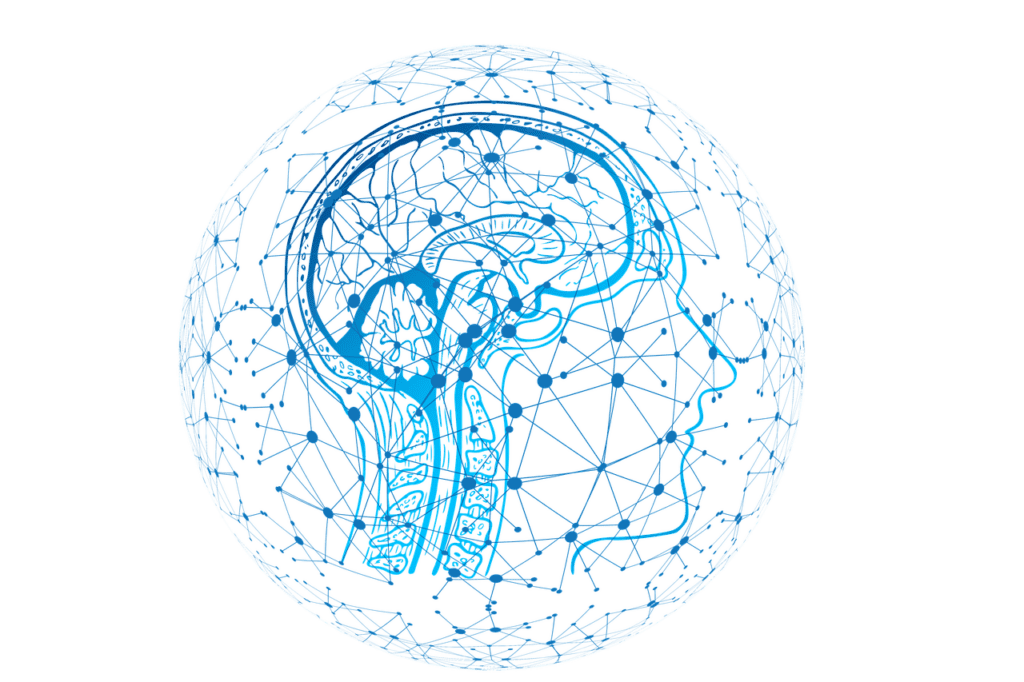Need to catch up on evidence-based healthcare
On the occasion of World Evidence-Based Health Care Day on 20 October 2025, Cochrane Germany is highlighting deficits in German patient care. Patients are entitled to treatment based on trustworthy scientific evidence, i.e. the best available knowledge. However, this is not always guaranteed.
Against the background of the billion-euro deficit of the statutory health insurance funds, evidence-based care is gaining in importance. Scarce resources should be dedicated to therapies and examinations that have been proven to be most effective. This requires clarity about what works and what doesn’t.

In everyday practice, however, physicians, nurses and other staff encounter obstacles in the application of current scientific findings. Access to the best knowledge is complicated for various reasons.
According to Cochrane, a first hurdle is that the world’s current knowledge on medicine and health is often not centrally available, but is scattered in numerous individual studies. These must be collected, evaluated and summarized in systematic evidence syntheses. Such work requires experts, time and resources. Therefore, Cochrane Germany advocates more public funding to enable high-quality syntheses for relevant questions. Without this, the basis for reliable guidelines and thus for evidence-based care is missing.
According to the paper, a second challenge arises from the non-publication of a significant proportion of clinical trials worldwide. This not only wastes research funds, but also distorts the facts. Cochrane Germany calls for mandatory registration of new studies before the start and prompt publication of the results. Binding regulations with review are necessary to make research more efficient and to strengthen public trust in science.
Even if reliable, independent information on health topics is available, it is often not freely accessible or easy to understand. For every relevant medical question, low-threshold patient information, compact summaries for politicians as well as guidelines and specialist articles for experts should be available, ideally free of charge. Today, however, many trade publications are behind paywalls.
In view of the challenges in the health care system, it is not enough to make evidence-based information more accessible and to make greater use of it. Instead, consequences must be drawn, for example by reviewing medical measures with questionable benefits and their remuneration. Health policy decisions should not ignore scientific findings, even if evidence is not the only criterion. Consistent consideration can avoid unnecessary treatments, which relieves patients and saves costs.
World Evidence-Based Health Care Day is celebrated annually on 20 October and aims to raise awareness of the need for better evidence in health policy. The 2025 campaign is themed “Collaborative Knowledge Communication” and is supported by organisations such as Cochrane, JBI, the Campbell Collaboration and the Guidelines International Network. Cochrane Germany, based in Freiburg, is part of the international Cochrane network, which produces systematic reviews of medical issues. These Cochrane Reviews summarise the global study situation and assess its quality in order to provide a solid basis for decisions in medicine and policy. Since 1993, the network has published over 9000 such reviews.
Original Paper:
Position Paper | Cochrane Germany
PREVIEW: The German Congress of Laboratory Medicine (DKLM) 2025 promises exciting insights into the interface between science and clinical practice. Under the motto “Science for Precision Medicine”, the German Society for Clinical Chemistry and Laboratory Medicine (DGKL) and the Umbrella Association for Technologists and Analysts in Medicine Germany (DVTA) invite experts from research, clinics and industry to meet on October 23 and 24 at the Congress Center Leipzig (CCL). The two-day event is aimed at laboratory physicians, biomedical analysts and decision-makers to discuss current advances in diagnostics and strengthen networks. The ceremonial opening of the congress will take place on 22 October with the presentation of the MedLabAwards in the Salles de Pologne.
Editor: X-Press Journalistenbû¥ro GbR
Gender Notice. The personal designations used in this text always refer equally to female, male and diverse persons. Double/triple naming and gendered designations are used for better readability. ected.




